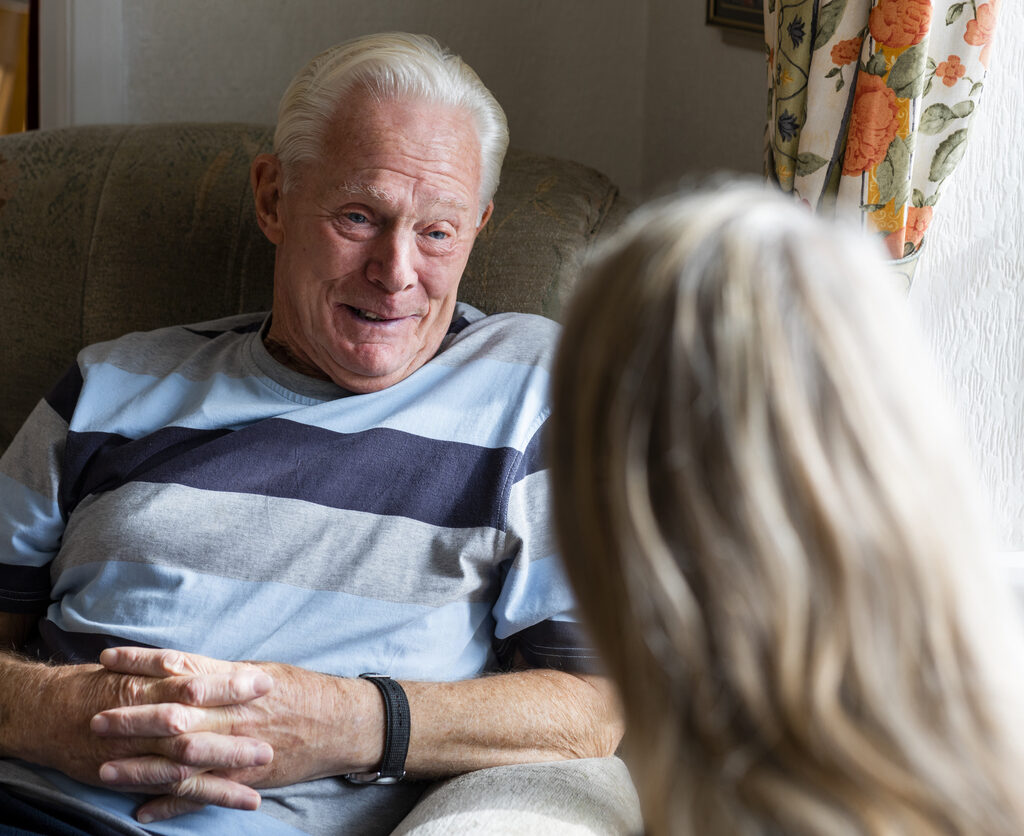Seven in 10 older Australians believe ‘ageism against older people is a serious problem,’ but those in their 50s and 60s are significantly more likely to hold this view than those in their 80s and 90s, according to landmark new national polling commissioned for the nation’s second Ageism Awareness Day, 7 October.
The research also finds a strong majority of older Australians want the government to invest in a national awareness campaign about ageism and its effects.
The new research took a representative national sample of 1042 Australians over the age of 50 to examine attitudes to, and experiences of, ageism. The new research, conducted for EveryAGE Counts by RedBridge Group, segmented older Australians into 50s, 60s, 70s, 80s and 90+. Among the key findings:
- 68 percent of all over-50s agree ‘ageism against older people is a serious problem in Australia’ (73 percent of those aged 60-69)
- Those aged in their 80s are significantly less likely to think ageism is a problem than those in the 50s, 60s or 70s
- People in their 60s are the most likely older Australians to have experienced ageism in the past year – 37 percent versus 26 percent for over-50s more generally
- 36 percent of over-50s say ‘People have assumed I cannot understand or learn new technology’ and 50 percent of those aged 90 and over
- 21 percent of over-50s say “People have insisted on doing things for me that I am capable of doing on my own’ (35 percent of over-90s)
- 28 percent of 50-59 year olds say ‘My applications for jobs have been rejected because of my age’
- Eight percent of 50-59 year olds say ‘I have been denied health services or treatment because of my age,’ but that figure leaps to 20% among those 90+
- 28 percent of over-50s say ‘I have been ignored or made to feel invisible’
- 11 percent say ‘doctors and healthcare workers talk past me to my companion or carer,’ but that figure is 27 percent among 90+ year olds
Dr Marlene Krasovitsky, heads a national anti-ageism campaign- EveryAGE Counts. Dr Krasovitsky said the results were startling.
“The fact seven out of ten Australians consider ageism to be a serious problem should make us all sit up and take notice,” Dr Krasovitsky said.
“The way most polling has traditionally lumped ‘older Australians’ together into one monolithic group is ageist in and of itself. What this new research shows is that attitudes to ageism and experiences of ageism vary significantly across a very diverse ‘over-50’ group.
“By zooming in on different age brackets among older Australians we find that ageism affects people in different ways. For example, this polling shows us that Australians in their 50s and 60s are likely to encounter ageism at work or when applying for jobs. Those in their 80s and 90s, conversely, are more likely to report experiencing ageism in the health system, either by being denied treatments or by being ignored in favour of a carer.”














